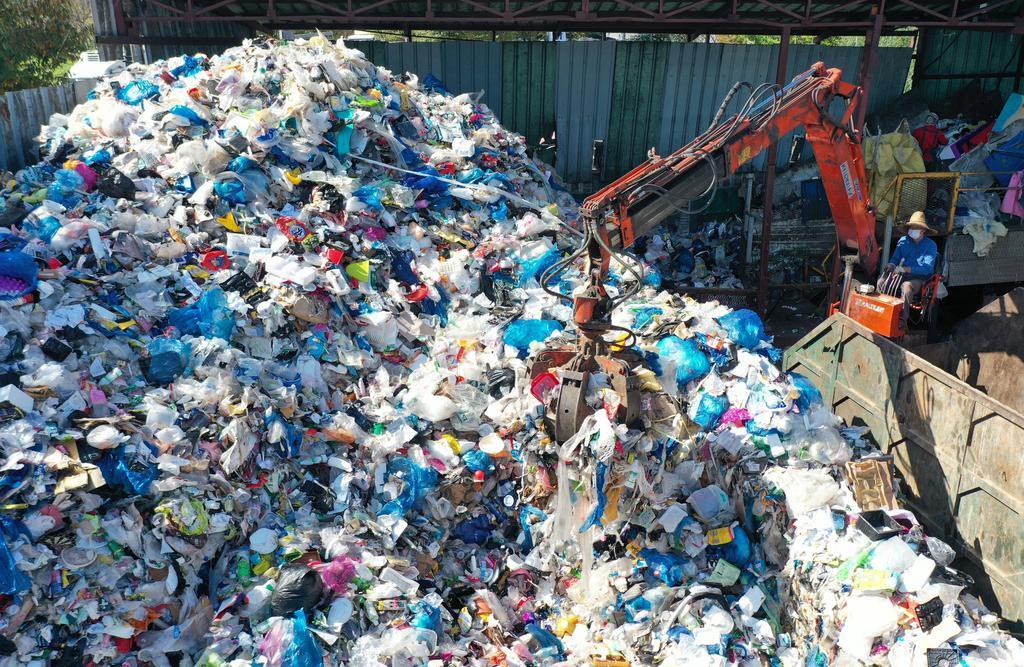South Korea plans to restrict or phase out its imports of 10 kinds of industrial waste to increase the recycling of domestic waste, the Ministry of Environment said Sunday.
The ministry said the importation of half of the 10 waste items, including plastic waste, mixed waste paper and coal ash, will be banned between 2022 and 2023.
According to the ministry’s road map, imports of all kinds of industrial waste, excluding metal scraps and a few others, will be banned in principle by 2030, while the 10 waste items with large import volumes will be subject to import restrictions or bans.
The road map calls for prohibiting the imports of three waste items in 2022 — waste plastics, mixed waste paper and waste fibers, which can be replaced with domestic waste or have made the local recycling market unstable due to their collection problems.
Additionally, the imports of coal ash and waste tires will be banned in 2023, the road map said.
It also said used corrugated cardboards, dust and sludge, whose imports are expected to negatively affect the nation’s recycling market or environment, will be subject to import restrictions beginning in 2023.
It noted that only waste cardboard of a quality superior to domestic waste paper will be permitted to be imported, while standards for tensile and bursting strength will be established for waste cardboard.
Waste batteries, waste metals and waste electrical and electronic products being imported here for the recovery of valuable metals will not be affected by the upcoming import restrictions. Such items have high value as industrial raw materials and cannot be easily replaced by domestic waste, ministry officials said.
They said the 10 waste items subject to the import bans or restrictions will amount to 3.84 million tons annually, accounting for 96 percent of the nation’s total annual waste imports of 3.98 million tons.
If the road map is enforced, the nation’s waste imports will fall 35 percent, or 1.39 million tons, in 2022 and 65 percent, or 2.59 million tons, in 2025, compared to the 2019 volume of 3.98 million tons, they said.
As for the five waste items subject to import bans, the government will make all possible efforts, including increased research and development support, to ensure a stable supply of their alternatives at home, they explained. (Yonhap)


